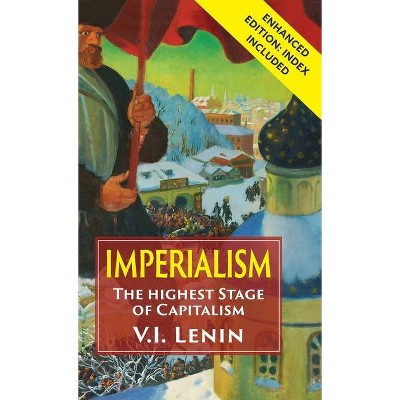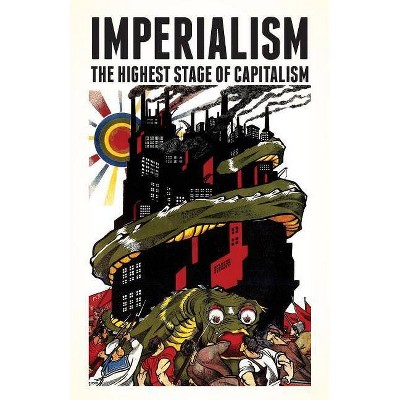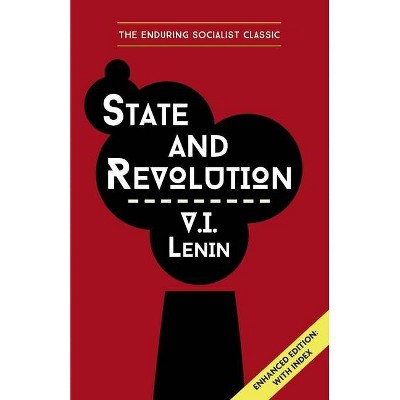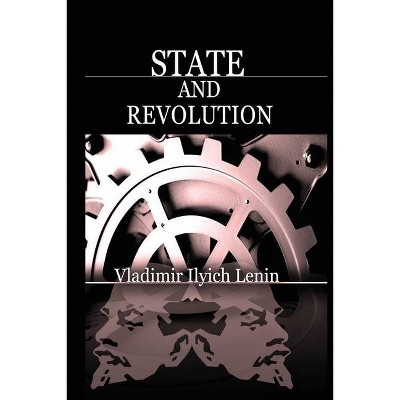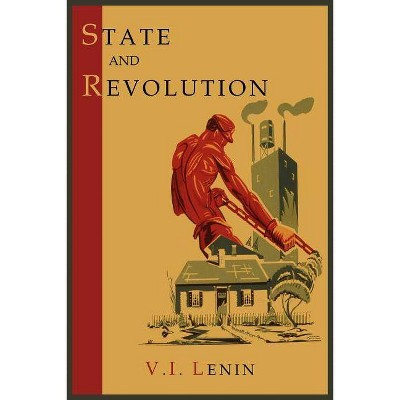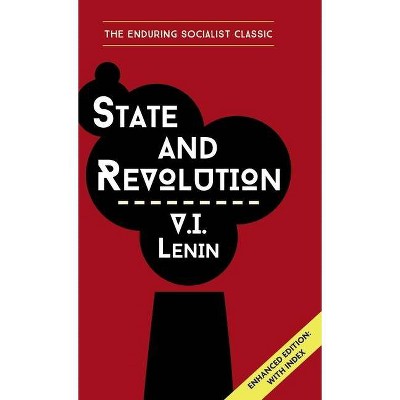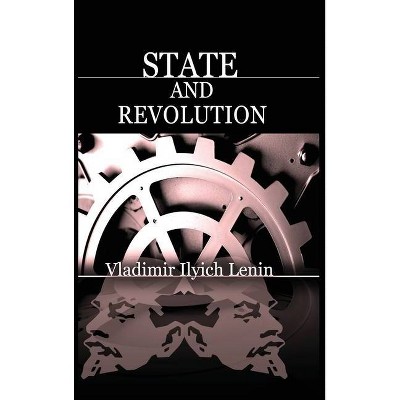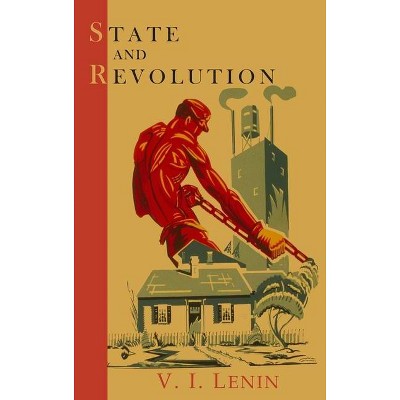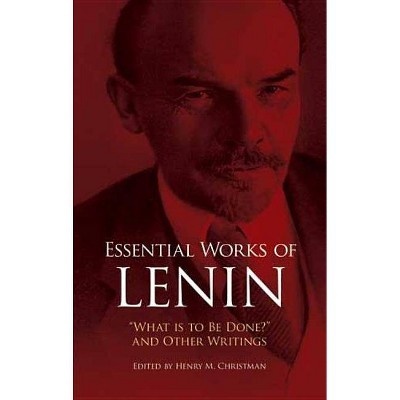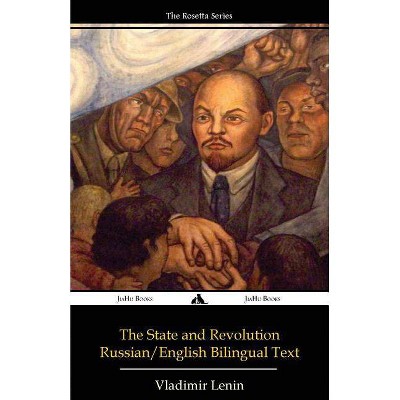Imperialism the Highest Stage of Capitalism - by Vladimir Ilich Lenin (Paperback)
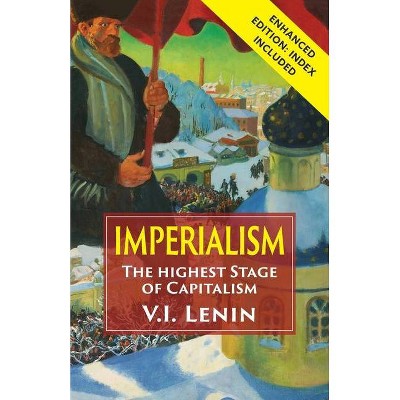
Similar Products
Products of same category from the store
AllProduct info
<p/><br></br><p><b> About the Book </b></p></br></br>Why do we fight an "endless war"? 100 years ago, V.I. Lenin answered: capitalism. In Imperialism: The Highest Stage of Capitalism, Lenin explains how rich countries' thirst for profit leads to poor countries' suffering. When rival empires clash, war results. Influential and prescient, this book is integral to understanding modern foreign policy.<p/><br></br><p><b> Book Synopsis </b></p></br></br><p>Echo Point Books & Media's enhanced edition of Lenin's <em>Imperialism the Highest Stage of Capitalism</em></strong> is the only version that includes an index of the contents of this classic (for hardcover edition with an index, search for ISBN </strong>1635617278</strong>). Created from a combination of sophisticated proprietary software and editorial review, our unique (copyrighted) index is a valuable addition to this important work. As every experienced reader knows, an index is a helpful resource for more efficient, insightful reading, and a useful aid for research.</p><p>This 100-Year-Old Book Still Explains Our Endless Wars.</strong></p><p>As the extraordinary death and suffering of World War I unfolded, Vladimir Ilyich Lenin tried to explain why so many nations agreed to sacrifice so many people in such a brutal way. Expanding on the works of other political and economic theorists, including Karl Marx, Lenin provided an answer: capitalism. As he saw it, WWI was solely about imperialism and colonialism. To maintain their unyielding drive for maximum profit, the major capitalist industries of rich nations-banks and manufacturing-had to seek riches outside of their country's borders. By sending money (capital), instead of goods, to poorer, less developed nations, they could exert their power and control new markets. But what happens when rival empires clash over these colonized lands? Warfare.</p><p>In Imperialism: The Highest Stage of Capitalism</em>, Lenin extends his scorn to the international socialist movement which -- with the exception of the Russian faction -- supported entering the war to fight against a perceived foreign enemy while ignoring domestic marauders. He also exposes the cynicism behind the Wilson doctrine, which posited the world could achieve peace through the continued exploitation of the poor by the rich. Lenin connects the ruling class's increased wealth with the corruption, through bribes, of politicians and the labor leaders who worked to suppress workers' strikes. Now a century in print, Lenin's influential analysis remains highly relevant in comprehending the historical context of the foreign and domestic policy in the United States and other major nations. </p><p> To deepen your understanding of Imperialism the Highest Stage of Capitalism, </em>you may also wish to read Lenin's pivotal work on political theory, State and Revolution. </em>Enhanced with index, published by Echo Point Books (hardcover ISBN 1635618924, paperback ISBN </strong>163561970X</strong>).</p>
Price History
Price Archive shows prices from various stores, lets you see history and find the cheapest. There is no actual sale on the website. For all support, inquiry and suggestion messagescommunication@pricearchive.us
